'Yayati' a Mahabharata Character was introduced to all Marathi readers in 1959 by V. S. Khandekar's renowned novel 'Yayati'. In the year 1974, this work was honoured with Jnanpith, the highest literary award in India. The most read Marathi novel in the last 6 decades can be none other than Yayati. It includes the readers of every stratum. It has been translated in 14 Indian and more than 10 foreign languages. This novel bestowed Khandekar his identity as a Marathi author at all India level. There are many well-known critics of this novel. However, every reader of the new generation starts his journey in Marathi literature with this novel. We are happy to publish a new perspective on the theme of this novel on the occasion of World Book Day.
"On the objects of sense with absorbing interest, attachment to them is formed; from attachment arises desire; from desire, anger comes forth.
Anger leads to bewilderment, from bewilderment comes loss of memory; and by that, the intelligence is destroyed; from destruction of intelligence he perishes."
(Bhagwadgeeta Chapter 2, Verse 62 and 63 Shri Aurobindo's interpretation)
While musing over these verses of Bhagwadgeeta, the best possible example can be none other than king Yayati. Yayati a Mahabharat character, a forerunner of Kauravas, Pandavas, and King Bharata, is a name in history as old as the beginning of thought process and its transition from hedonism to abandonment.
The great Marathi writer V. S. Khandekar has freed Yayati from the snare of time. His Yayati is the representative of human beings of all the ages; whether it is Satyug, Tretayug or Kaliyug. This is because in all aeons one thing remains unchanged and that is the ever-growing avarice of human beings. Sometimes he longs for power, at times covets women, and most of all he yearns luxuries of all types. Sensual pleasure is the root of a person's desire and that desire, if not satisfied, leads to anger, and the fire of fury fuels his own destruction.
Reading of Yayati at every stage of life enables a noble experience; for every time you meet a new character with the same soul. But reading it as a youth can be not only useful but precious. As Swami Vivekananda quoted "In an early age it is more important to play football than to read Bhagwadgeeta"; I would dare to interpolate the same that in adolescence it is more important to read khandekar's Yayati than to read bhagwadgeeta. Religious books whether it is Bhagwadgeeta, Bible, or any other sacred text, have lofty principles that guide our life. But, there is always a chasm between these religious books and a common man. Religious leaders are beyond the sphere of the temporary world. It is abstruse for a person to see and compare him with those saintly lives.
In lifting a person from vices to virtues however autobiographies of ordinary lads like Mohandas Gandhi and Augustin prove invaluable as they put forth a reflection of ordinary life. These books give an assurance that even a depraved man can be exalted and reach the position of Mahatma and saint. The book Yayati serves the same purpose.
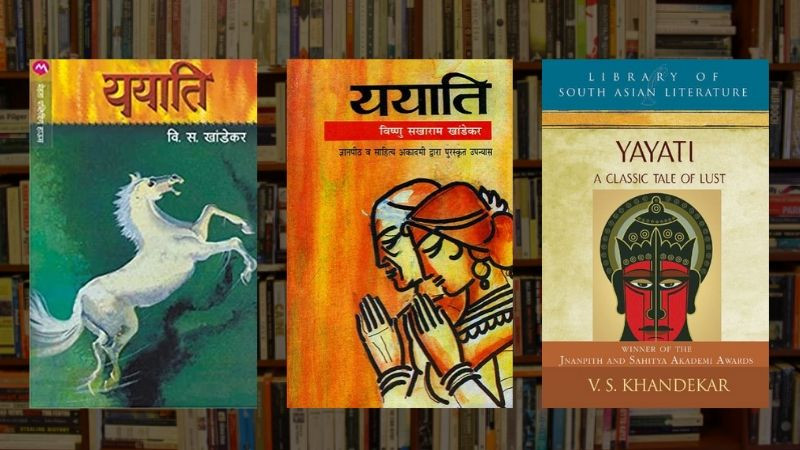 Yayati the son of a world conqueror king Nahusha was tantamount to his father in gallantry. His father had a curse from the sage Agastya that he and his progeny will never live a happy life. Nahusha's two sons, who were poles apart from each other were extremists in their own practices. The younger son Yayati fully indulged in satiating bodily pleasures, while the elder son Yati abhorred the idea of pleasures. Both these brothers at an opportune moment realized that they had gone astray from the path of life, which is against nature. Extreme nihilism is as dangerous as hedonism. The upstream journey of life is like throwing oneself completely in a conflagration to extinguish it.
Yayati the son of a world conqueror king Nahusha was tantamount to his father in gallantry. His father had a curse from the sage Agastya that he and his progeny will never live a happy life. Nahusha's two sons, who were poles apart from each other were extremists in their own practices. The younger son Yayati fully indulged in satiating bodily pleasures, while the elder son Yati abhorred the idea of pleasures. Both these brothers at an opportune moment realized that they had gone astray from the path of life, which is against nature. Extreme nihilism is as dangerous as hedonism. The upstream journey of life is like throwing oneself completely in a conflagration to extinguish it.
Otherside Sharmishta is a symbol of true love and Devyani of egoism. Sharmishtha proves the eternal principle that 'Love bears all things, believes all things, hopes all things, endures all things'. Her love which her son Puru inherited in fourfold ways compels Devyani to leave everything, clasping renunciation and forsaking her pride. And it is the same love which turns Yayati's lecherousness to asceticism. While going to the forest he finally advises his son,
'Oh man, desire is never satisfied by indulgence.
Like the sacrificial fire, it ever grows with every offering'
(Y.P.Kulkarni's translated version of the shloka 'न जातु कामः')
It is a lust story of King Yayati who subsequently becomes a hero of the story. However, one more character 'Kacha', who has seldom appearances becomes the superhero of the story. A self-restrained son of Brihaspati (preceptor of Gods) is in pursuit of universal welfare. Shukracharya (preceptor of demons) had Sanjeevni (a power to bring dead people back to life) which he used for destructive purposes. Kacha cleverly acquires the same from him. Then Sukracharya again starts his next penance to acquire a more powerful occult power than Sanjeevani; so even Kacha begins his penance to get a counter-blow power.
Today the whole world groans for such superman like Kacha and his superpower to combat many burning issues in the interest of this mother universe. The modern form of Kacha is a green technological invention that can tackle transnational hostility, diseases, environmental issues, and many more. With Kacha's entry, this novel becomes a philosophical saga that preaches to put a bridle of religion to the helter-skelter horses of desire and riches, for its absence leads to devastation of the society.
In the epilogue, Kandekar explains that the process of ethical upliftment requires human beings to be developed in mind and to grow immense in spirit. In mythology, Yayati's concept of pleasure was confined to women. But today's Yayati has surpassed it by exploring varied ways of self-indulgence. Afterall on an average, the virtues and vices of a common man are articulated as per the social vogue. Khandekar assumes it as a responsibility of social leaders to bring the splendor of virtues to social life. But do we have such leaders in the contemporary world?....
V. S. Khandekar expects a new religious way of life departing from conventional and musty traditions, from idolatry; but then what next!!!! Modern man has come to know the myth about Narsinha coming out bursting the walls but what about the realization of the fact that God exists in himself!!! So he concluded it by envisioning a new way of worship, "Inherently human being is self- indulgent and not an ascetic. The real question is how can he acknowledge the limits of his indulgence! earlier there was a control of religion, faith in God, and virtues on his mind. Now, in the same way, he needs to identify humanity, social belonging, and living in harmony." When the readership will start thinking beyond the romance of Yayati, will it be a true Jnanpith to this great literary work?
- Maxwel Lopes, Vasai.
maxwellopes12@gmail.com
(Author is a lecturer at Narsee Monjee College, Mumbai and a young Gandhian at heart.)
वाचा 'जागतिक पुस्तक दिवस' निमित्त विशेष लेख:
अनुवाद आणि उत्तम अनुवाद - संजय भास्कर जोशी
अनुवादकाचे वाचन... - चंद्रकांत भोंजाळ
केल्याने भाषांतर... - डॉ. शंतनू अभ्यंकर
मुक्त संवाद: अभिरुचिसंपन्न प्रकाशकाशी - सोमनाथ कोमरपंत

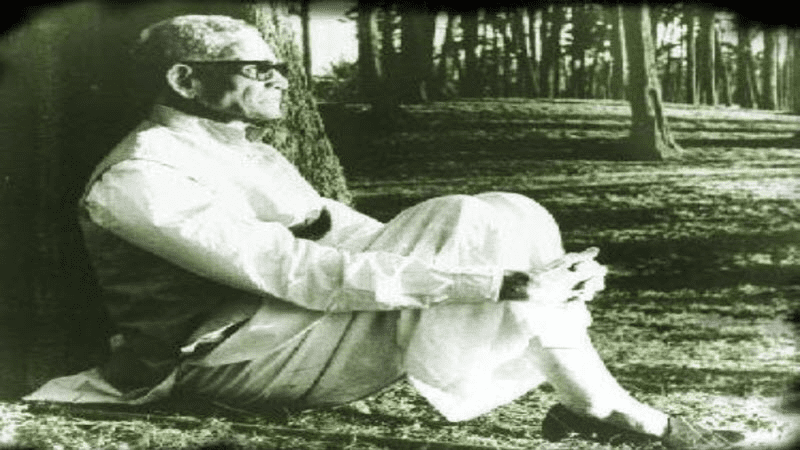

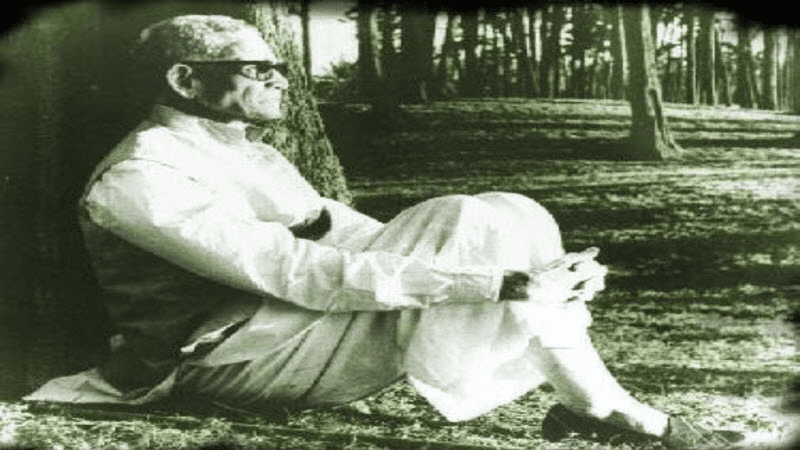


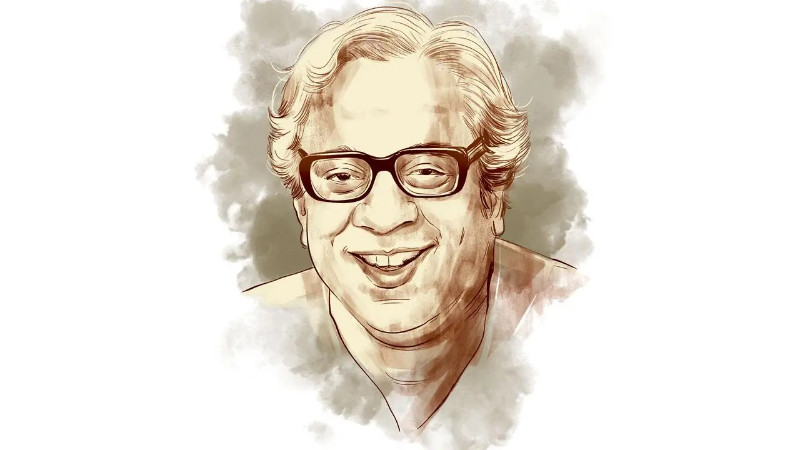
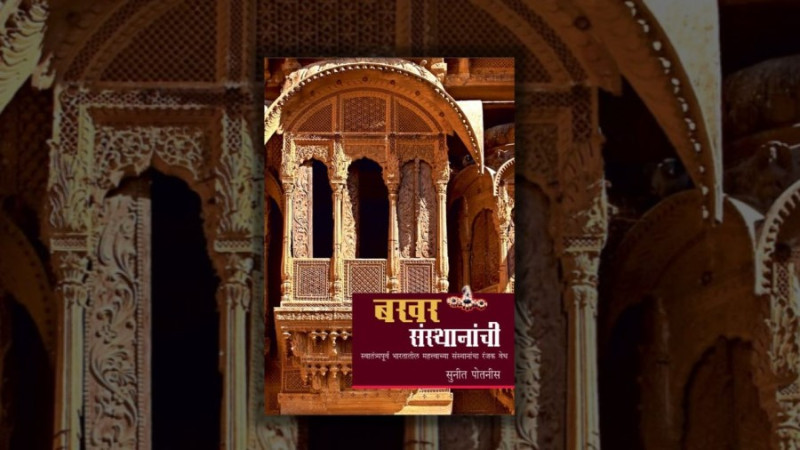
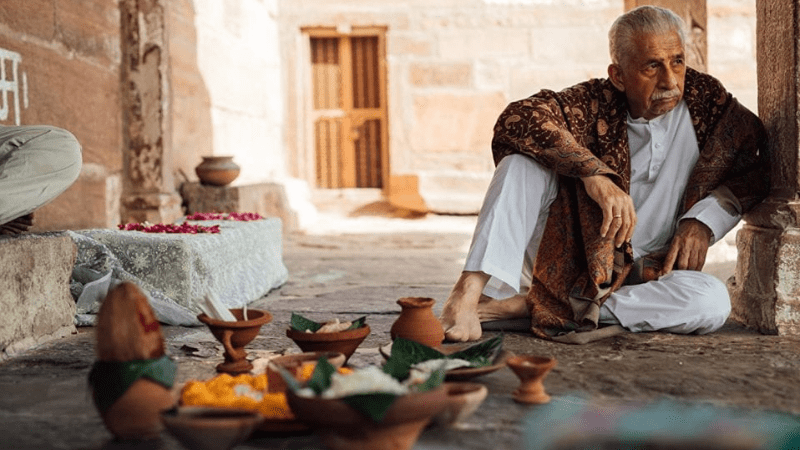



























Add Comment